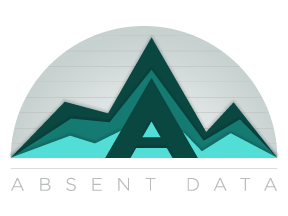How to Pick the Right Analysis for Your Use Case
Entering the world of data analysis can be very confusing. However, the spectrum of techniques helps to address several use cases. Let’s explore all the different types of analysis that are used in data analysis. However, this list isn’t exhaustive but it will cover the fundamentals.
Types of Analysis
| Description | Comparison | Prediction | Time Series | Categorization |
|---|---|---|---|---|
| Numerical Stats | AB Test Correlation | Linear Regression Logistic Regression | Forecasting Cohort Analysis | Clustering |
Time Series Analysis:
Analyzing data collected over time to identify patterns and trends.
Use Case: A manufacturing company aims to optimize production scheduling. By examining historical production data over time, they can uncover production patterns, anticipate seasonal demand fluctuations, and ensure resources are allocated efficiently.
Sentiment Analysis:
Determining emotions or opinions expressed in text data.
Use Case: An online review platform wants to assess customer feedback on a new product release. By analyzing user reviews, they can gauge whether the sentiment is positive, neutral, or negative, which helps in refining the product and enhancing customer satisfaction.
Cohort Analysis:
Grouping data into categories based on shared characteristics for insights.
Use Case: An e-learning platform seeks to improve user engagement. By categorizing learners into cohorts based on their enrollment dates, they can track course completion rates and tailor educational content to meet the diverse needs of different cohorts.
Correlation Analysis:
Exploring relationships between variables to uncover connections.
Use Case: A financial institution investigates the link between economic indicators and stock market performance. Analyzing historical data, they can identify whether fluctuations in indicators like unemployment rates correlate with changes in market indices.
Regression Analysis:
Creating models to predict numerical outcomes based on variables.
Use Case: An energy company wants to predict electricity consumption. By analyzing variables such as weather conditions, day of the week, and time of day, they can create a regression model that forecasts energy demand, aiding in resource allocation.
Cluster Analysis:
Segmenting data points into groups with similar traits
Use Case: A marketing agency aims to segment customers for targeted advertising. By grouping customers based on purchasing behaviors, interests, and demographics, they can tailor marketing campaigns to resonate with specific clusters, boosting campaign effectiveness.
Classification Analysis:
Categorizing data into predefined classes based on attributes.
Use Case: A healthcare provider seeks to predict patient diagnoses. By analyzing patient data, including symptoms, medical history, and test results, they can create a classification model that predicts whether a patient has a specific medical condition.
